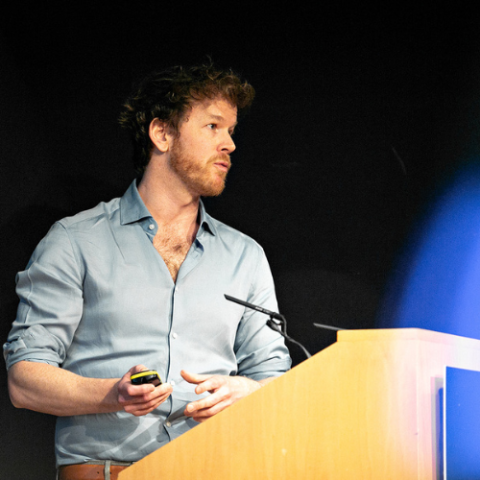The five eras of the human brain

The five eras of the human brain
A new study led by Dr Alexa Mousley (MRC Cognition and Brain Sciences Unit) and Prof Duncan Astle (MRC-CBU/Robinson College) has identified five distinct eras of brain structure over the average human life, with key turning points at ages nine, 32, 66, and 83.
The study, based on the brain scans of nearly 4,000 people aged under one to 90, mapped neural connections and how they evolve during our lives. This revealed five broad phases, split up by four pivotal “turning points” in which brain organisation moves on to a different trajectory, at around the ages of nine, 32, 66 and 83 years.
“Looking back, many of us feel our lives have been characterised by different phases. It turns out that brains also go through these eras,” said Prof Duncan Astle, a researcher in neuroinformatics at Cambridge University and senior author of the study.
Coverage so far in the UK includes BBC News, Guardian (incl. front page of print), Daily Telegraph, The Times (news story incl. front page of print) and a feature article, New Scientist, Daily Mail, Independent.
The Cambridge academics appeared on a host of broadcast media, including BBC Radio 4 World at One (starts 31 mins), BBC Radio 5 Live with Naga Munchetty (starts 2h 52m), BBC World Service News Hour (starts 38 mins), Sky News with Mark Austin, BBC Wales (starts 33 mins) and twice for the BBC News channel. The story also ran on the BBC News bulletins across major and regional radio stations, and featured on the BBC News at One (starts 13 mins).
The research was covered in the US by NBC News online and NBC News ‘Top Story’ (starts 38 mins), Scientific American, New York Post, along with CTV News in Canada. Widespread global coverage included major outlets in Spain (El Pais, El Mundo), Italy (La Repubblica), Germany (Berliner Zeitung), and Australia (ABC News).